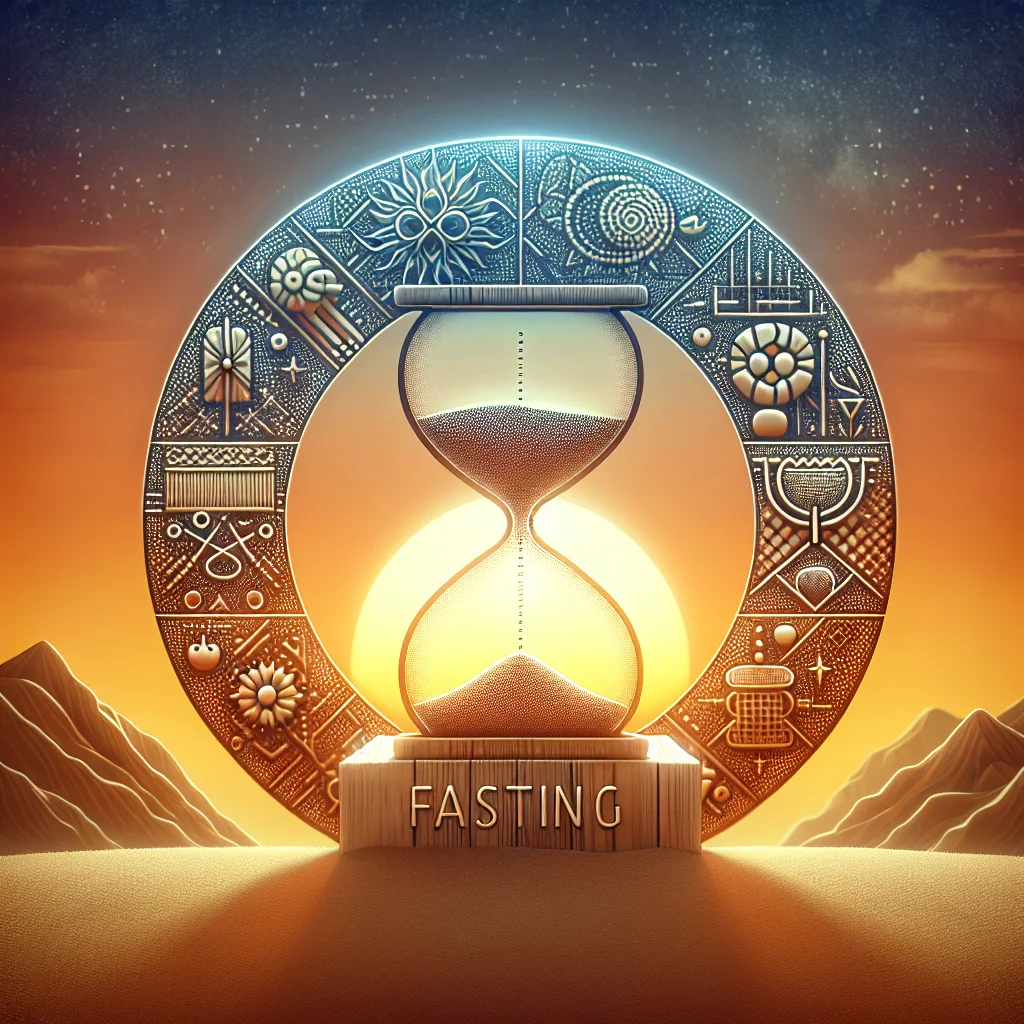Unlocking the Power of Fasting: Benefits and Best Practices
March 24, 2025

Fasting has gained significant popularity for its potential health benefits and its role in various wellness practices. From ancient traditions to modern health trends, fasting practices have been a part of human history. Today, many are exploring how fasting can improve wellness and enhance overall health. In this article, we will delve into the benefits of fasting, the different types, and essential tips for beginners.
What Are the Health Benefits of Fasting?
Fasting has been shown to offer numerous health benefits, which has drawn the attention of health enthusiasts worldwide. Research has indicated that fasting can promote weight loss by enhancing metabolic processes, helping the body to burn fat more effectively. In addition to weight loss, fasting has been linked to improvements in insulin sensitivity and blood sugar control, which are crucial for preventing type 2 diabetes.
Moreover, fasting can provide mental benefits. Many individuals report enhanced clarity and concentration during fasting periods. This mental sharpness might stem from the body’s increased production of brain-derived neurotrophic factor (BDNF), which is important for brain health and function. Furthermore, studies suggest that fasting may promote longevity by reducing inflammation and lowering the risk of chronic diseases.
Different Types of Fasting
Understanding the various types of fasting can help you choose a suitable method that aligns with your lifestyle and health goals. The most commonly practiced types include:
- Intermittent Fasting (IF): This involves cycling between periods of eating and fasting. Popular methods include the 16/8 method (fasting for 16 hours and eating during an 8-hour window) and the 5:2 diet (eating normally for five days and restricting calories significantly for two days).
- Prolonged Fasting: This type involves fasting for more than 24 hours. Though it may offer substantial benefits, it should be approached with caution and ideally under medical supervision.
- Alternate-Day Fasting: As the name suggests, this method alternates between days of normal eating and days of fasting or significantly reduced caloric intake.
Tips for Beginners Starting Fasting
If you’re considering incorporating fasting into your routine, it’s essential to approach it correctly. Here are some practical tips for beginners:
- Stay Hydrated: Drink plenty of water during fasting periods to stay hydrated and help with hunger.
- Start Slow: If you're new to fasting, begin with shorter fasting windows, such as the 16/8 method, before progressing to longer fasts.
- Listen to Your Body: Pay attention to how your body feels during fasting. If you experience dizziness or extreme fatigue, it's crucial to break your fast and consult a healthcare professional.
- Plan Your Meals: Ensure that your meals during eating periods are nutrient-dense. Focus on whole foods that provide proteins, healthy fats, and adequate fiber to keep you satisfied.
- Avoid Overeating: It can be tempting to indulge during eating windows. However, try to maintain moderation to maximize the benefits of fasting.
Debunking Common Misconceptions About Fasting
There are several myths surrounding fasting that can discourage people from trying it. One common misconception is that fasting always leads to muscle loss. While prolonged fasting without proper nutrition can have negative effects, research indicates that intermittent fasting can actually help preserve muscle mass when combined with strength training.
Another myth is that fasting drastically slows down your metabolism. However, studies show that short-term fasting may even speed up your metabolism by increasing norepinephrine production, which boosts energy expenditure.
Global Interests and Modern Adaptations
Fasting doesn’t only hold nutritional benefits but has cultural and spiritual significance in many traditions worldwide. From Ramadan during the Islamic holy month to Lent in Christianity, fasting practices are often tied to faith and reflection. Additionally, modern adaptations of fasting continue to emerge as more people seek to align wellness practices with their busy lifestyles.
Conclusion
Fasting is a powerful tool that can enhance health and wellness through various approaches. With a growing body of research highlighting its benefits, individuals are increasingly interested in incorporating fasting into their lives. By understanding the different types of fasting, implementing practical tips, and dispelling myths, you can embark on a fulfilling fasting journey. Whether you are looking to lose weight, improve mental clarity, or promote longevity, fasting may hold the key to enhancing your health.
Back